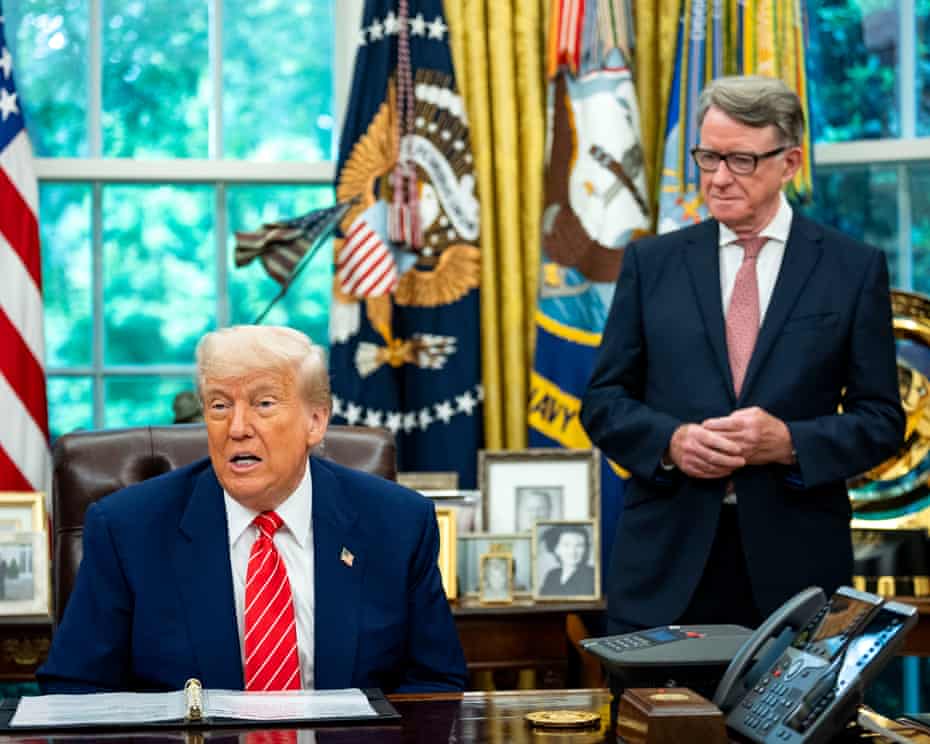China has issued a sharp warning to the United Kingdom over its newly signed trade agreement with the United States, accusing London of aligning with Washington in a way that could economically isolate Beijing. Chinese officials argue the deal imposes conditions that may force British companies to sideline Chinese products and suppliers from their supply chains.
Signed last week, the UK-US trade deal offers Britain some tariff relief, most notably reducing U.S. tariffs on British car exports from 27.5% to 10% for up to 100,000 vehicles annually, and lifting duties on steel and aluminium. However, these benefits come with stringent U.S. security requirements, including supply chain transparency and limits on foreign ownership, measures widely seen as aimed at curbing Chinese involvement.
China’s foreign ministry criticised the agreement, stating: “Cooperation between states should not be conducted against or to the detriment of the interests of third parties.” Beijing contends the deal violates a basic principle of international relations by indirectly targeting a third country, namely China.
Chinese officials expressed concern that the U.S. is using trade policy to pressure allies into economically decoupling from China. Zhang Yansheng, a senior researcher at the China Academy of Macroeconomic Research, called the deal’s clauses “poison pills” that are “worse than tariffs” and described the UK’s acceptance of such terms as unfair.
The controversy comes at a delicate moment in UK-China relations. Prime Minister Keir Starmer’s government has recently taken steps to thaw diplomatic ties with Beijing. Earlier this year, Chancellor Rachel Reeves travelled to China to revive economic and financial dialogues that had been on hold for six years.
Despite the growing friction, No 10 defended the trade deal, saying it was designed to secure jobs and protect British industry. A UK government spokesperson emphasised that “trade and investment with China remain important to the UK,” adding that Britain continues to pursue a “pragmatic approach” to global relations.
The UK-US agreement also opens new doors for American exports of beef and ethanol to Britain, and lays the groundwork for future collaboration in pharmaceuticals and advanced manufacturing, contingent on the UK meeting further U.S. security requirements.
Meanwhile, China is doubling down on its “dual circulation” strategy, aimed at boosting domestic production and economic self-reliance. State-backed firms are being urged to source locally, and government ministries are ramping up support for advanced manufacturing and green technologies as Beijing braces for what it sees as a new era of economic containment.



